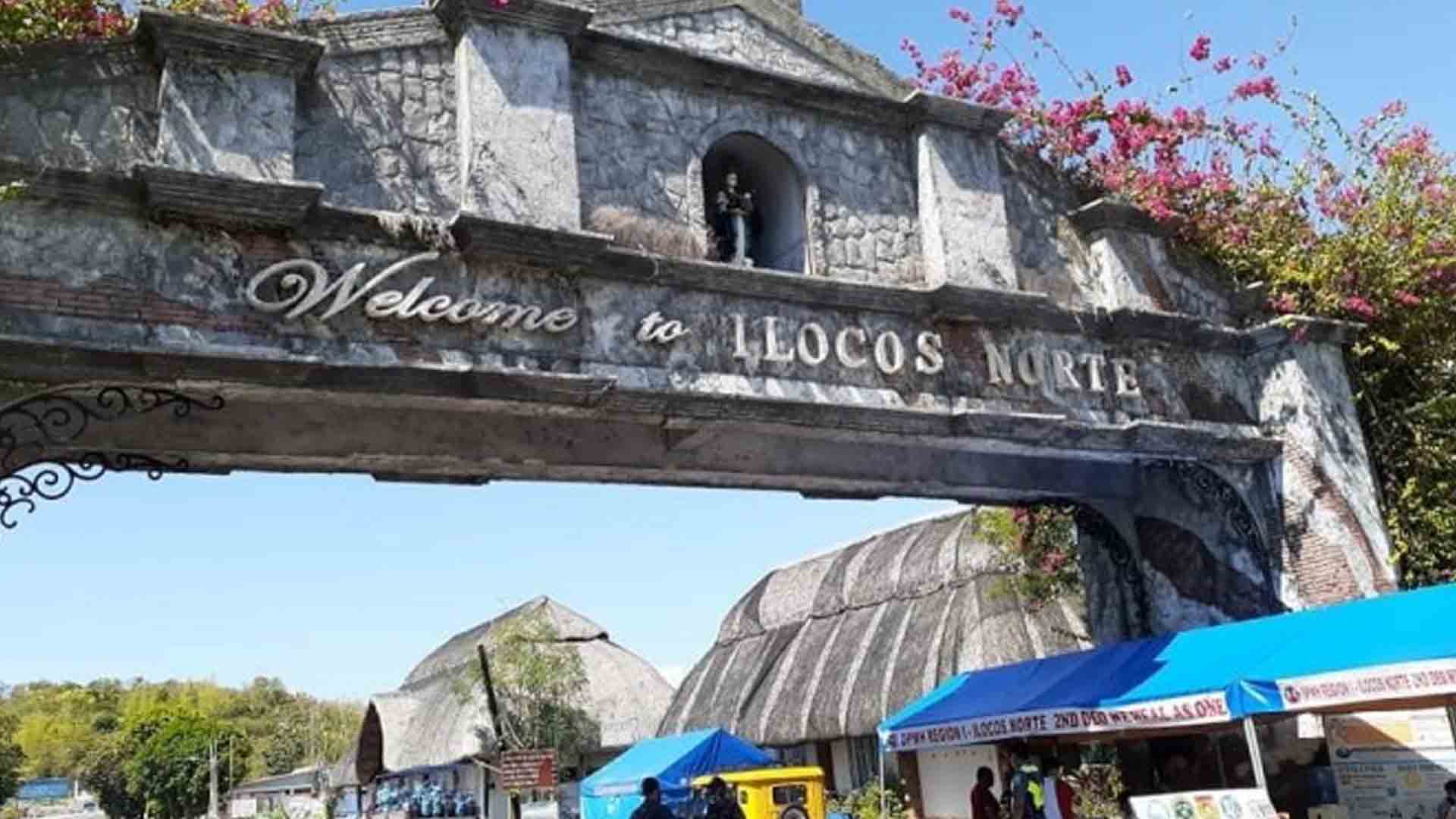The municipal government of Piddig in Ilocos Norte is ready to host an Agro-Industrial Economic Zone to facilitate business opportunities and generate jobs for the locals.
Through a public and private partnership agreement with the business sector, local government unit, and the Philippine Economic Zone Authority (PEZA), Piddig Mayor Eduardo “Eddie” Guillen said in an interview Wednesday the creation of a special economic zone will help stir rural progress in the area including its nearby towns and cities once fully developed.
Following a recent virtual meeting with representatives of PEZA and Go Negosyo, Guillen said Piddig town can offer an initial 25 hectares in Barangay Maruaya that shall be covered under the Forest Land Use Plan.
It can be used as a production area of foreign investors jointly with the Piddig Basi Multi-purpose Cooperative for the export of fancy rice, tobacco, coffee, garlic, shallots, and other high-value crops this agricultural province is known for.
Guillen said the province has all the potential to expand its global market reach under a cooperative-led, business-to-business transaction.
“What we need are value-adding products to promote inclusive growth,” he said.
Once a special economic zone is created, he said this will attract more investors to enter into a public and partnership agreement, in addition to the provision of tax incentives from the government.
Just recently, the Piddig government through its Municipal Agriculture Office (MAO) is also actively engaging its organized farmers to allow their native cows to be inseminated with wagyu semen for world-class quality meat products in the future.
As of January 31, at least 96 cows and heifers in 19 barangays were already inseminated.
These are expected to give birth to a wagyu crossbreed after nine months after a successful artificial insemination drive.
Once a local farmer with a native cow is enlisted under the program, the owner is assured of free insurance coverage courtesy of the Philippine Crop Insurance Corporation, free artificial insemination service as well as vitamins, and dewormers provision among others from the municipal government and the Department of Agriculture.
“Our farmers will get the most from this endeavor as their only counterpart is labor. We will provide everything they need to make our programs work,” said Guillen.
For now, other towns in the province of Ilocos Norte such as Marcos, Burgos, Vintar, and Pinili have expressed interest to participate in the artificial insemination program for improving meat production, targeting both local and international markets. (PNA)




















